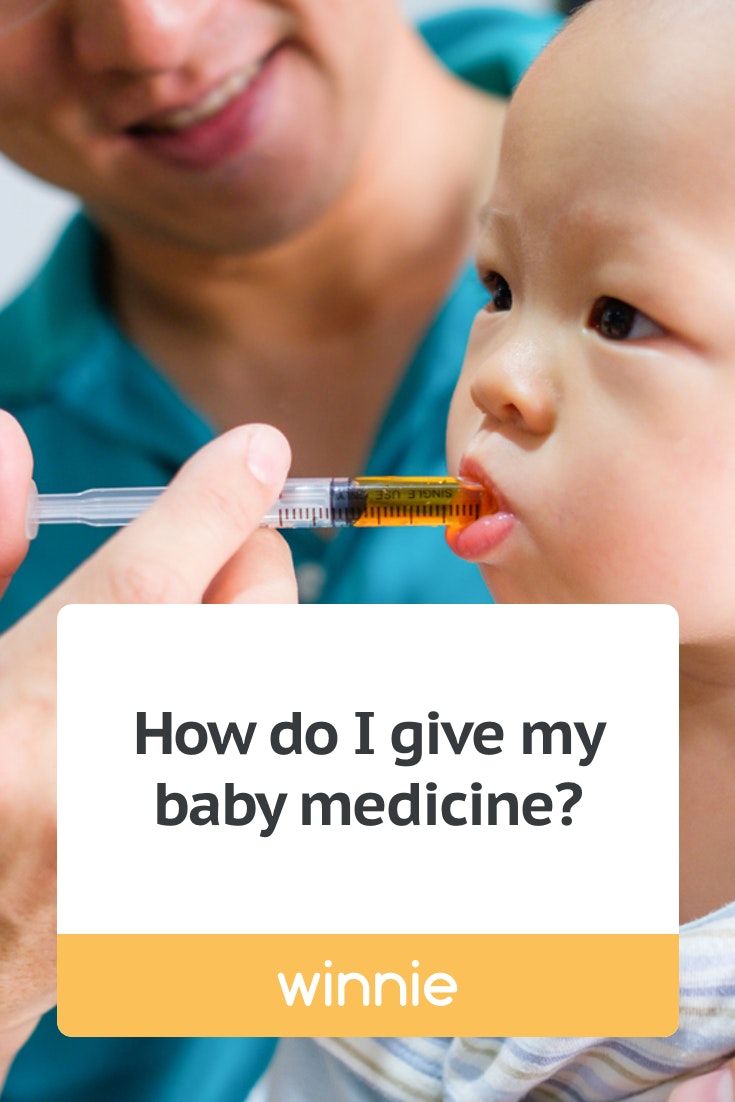Chest Congestion 9 Month Old Baby

If a baby suffers from asthma he will be susceptible to chest congestion.
Chest congestion 9 month old baby. Or do it while he sits on your lap with his body. Ask your pediatrician if it is appropriate to use a eucalyptus based liquid such as vicks in the vaporizer to relieve congestion. Irritants such as cigarette smoke vehicle fumes and cooking smoke can affect the respiratory system of infants and cause chest congestion. Babies may experience congestion in their nose called nasal congestion or it may sound as though the congestion is in their chest.
Karen sokal gutierrez a cool mist vaporizer creates more moisture in the room where baby sleeps and can loosen his congestion. Your baby s immune system will need time to mature. Baby congestion congestion occurs when extra fluids mucus accumulate in the nose and airways. Chest congestion in an infant is not an illness in itself but a sign of underlying illness.
Heavy noisy breathing and difficulty to sleep are the common symptoms of chest congestion in babies and toddlers. Signs and symptoms of chest congestion in babies and kids. You might notice a rattling sound or wheezing when your baby breathes if her chest is congested. This is the body s way of fighting foreign invaders whether they are viruses or air pollutants.
While allergies aren t typically a culprit behind baby congestion cold or flu is. Call your physician immediately when an infant less than 3 months old shows signs of a common cold or chest congestion because these conditions can lead to illnesses such as croup or pneumonia. Trouble nursing or taking a bottle due to nasal congestion. Other symptoms of chest congestion in babies and kids are as follows.
Gentle taps on your baby s back can help ease chest congestion. In fact says gina posner md a pediatrician at memorialcare orange coast medical center in fountain valley california the majority of congestion in infants is caused by viruses what to do for a congested baby. If your baby has a cold with no complications it should resolve within 10 to 14 days. Chest congestion is often a symptom of respiratory illnesses.
Chest congestion and runny noses are common in infants because of the immaturity of their immune systems and exposure to other children with respiratory illnesses. Lay him down across your knees and gently pat his back with your cupped hand. The moisture will soothe him and help him breathe more easily. If your baby is younger than 3 months of age call the doctor early in the illness.
It refers to excess mucus in the airways that makes it difficult to breathe.














































